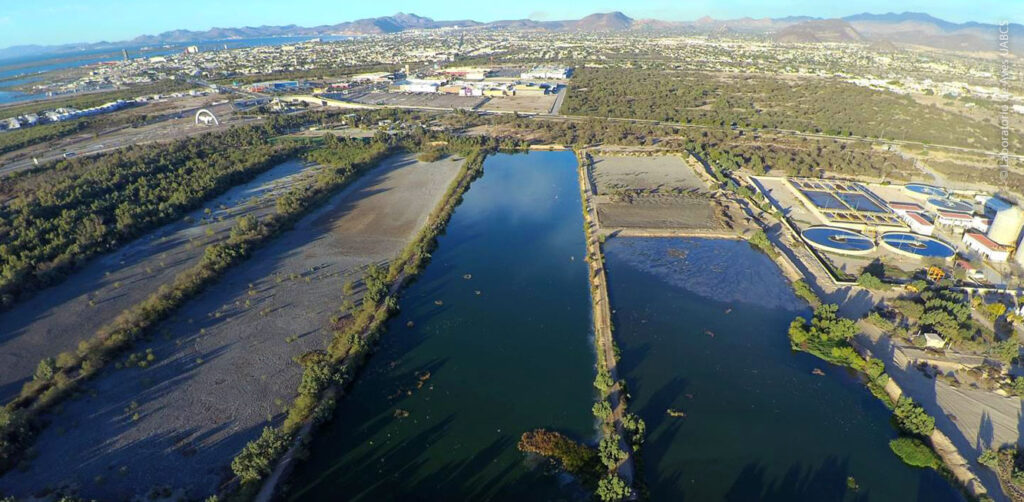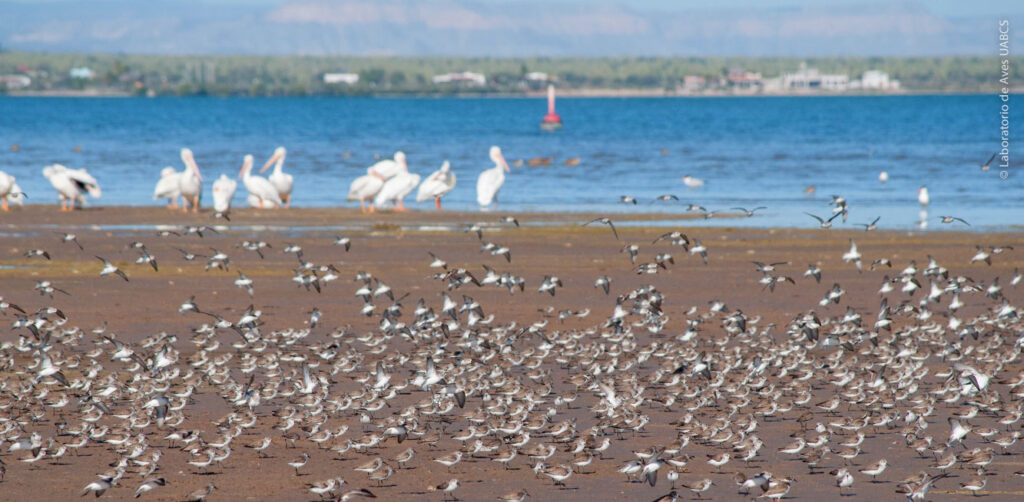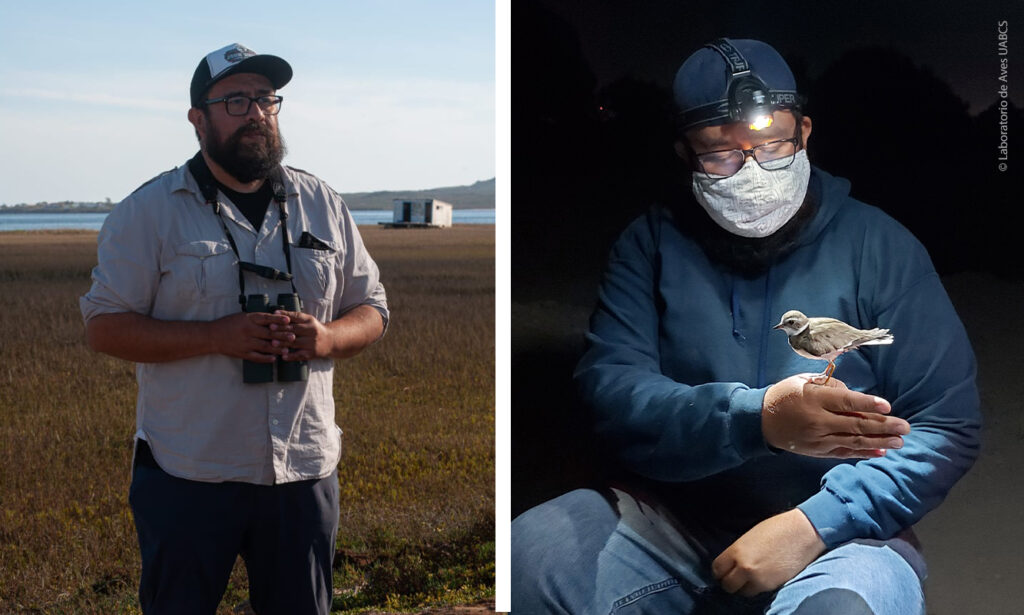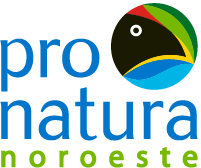The Pacific coast of the Americas is considered an ecological region of main relevance for our continent, with ecosystems that are threatened by factors such as urban growth, pollution and global warming. This places thousands of plant and animal species that inhabit the Pacific coast temporarily or permanently, including migratory shorebirds, at risk.
Due to the vulnerability of these birds, which annually undertake incredible journeys of up to 16,000 kilometers from North America to the Southern Cone of the continent, conservation efforts involves the coordinated work of governments and institutions in several countries. In this regard, stands out the work of the Cornell Lab of Ornithology, considered a world leader in the study and conservation of birds. This research center is supported by the University of Ithaca, New York.
To cooperate in solving the problem that threatens migratory shorebirds, this prestigious institution created the Coastal Solutions Fellows Program. It supports young planners, developers, and scientists from Latin America to address the challenges that coastal ecosystems face, as well as their species and their communities. Dr. Osvel Hinojosa, director of the program, explains it this way:
“The program was designed to create a collaborative community of experts from diverse disciplines and regions who are passionate about the conservation and resilience of coastal ecosystems. Over the next several years, the program will provide funding and training for early-career leaders to develop and implement innovative approaches to balancing coastal zone development, management, and conservation.”
Each year the program selects six fellows from a variety of sectors and disciplines to work on solving major threats to shorebirds and their habitats. On March 9 were announced the six members of the third generation of fellows, from Mexico, Guatemala, Honduras, Colombia, and Chile. They will focus on what is called the Pacific Flyway in the Americas.

Each fellow will work in a priority wetland on the Pacific coast, with the support of a multidisciplinary team. The program includes aspects such as conservation, green infrastructure use and land use planning, as well as shorebird ecology, aquaculture, and public policy.
At Pronatura Noroeste, we are proud that a member of our team was selected as a 2022 fellow. We are referring to Victor Ayala, a marine biologist and shorebird researcher, who holds a Master of Science degree in Marine Resource Management. His project will be developed in La Ensenada de La Paz, in Baja California Sur, and will be focused on the protection and conservation of the mosaic of wetlands that this site offers. He will use tools to address the behavior of shorebirds in this habitat and their impact at the municipal, regional, national, and international levels.

In addition, Victor Ayala’s project seeks to develop actions that promote the knowledge and involvement of the local population in the protection of shorebirds, as well as to promote ecotourism, environmental education, and research activities. The project adds to the management and conservation actions that we develop as Pronatura Noroeste, in conjunction with the Bird Laboratory of the Universidad Autónoma de Baja California Sur (UABCS).
The project has collaborators from different institutions, including academic and governmental institutions, as well as civil society organizations. Among them we can mention the UABCS through the Bird Laboratory, the Agency for Forest and Wildlife Restoration CIPACTLI, the Sabana-Parque Jaime Duque de Colombia Ecopark, the Department of Ecology, Education and Environmental Management of the 17th City Council of La Paz and the Municipal Water, Sewage and Sanitation System Operator (OOMSAPAS), as well as Pronatura Noroeste. All of them will strengthen the activities of the fellow and the Ornithology Lab at Cornell´s team, whose interaction will generate synergies to achieve the objectives of this important conservation project.













